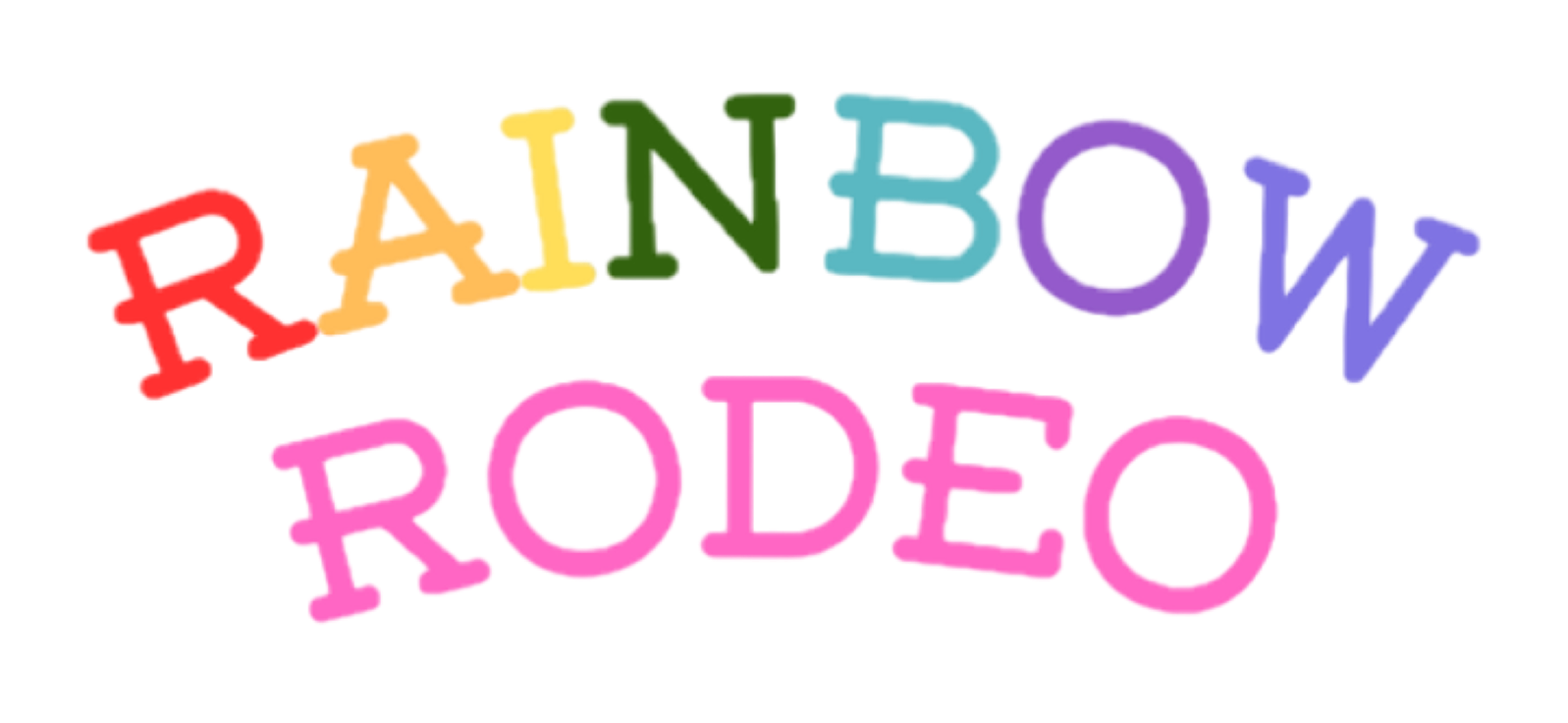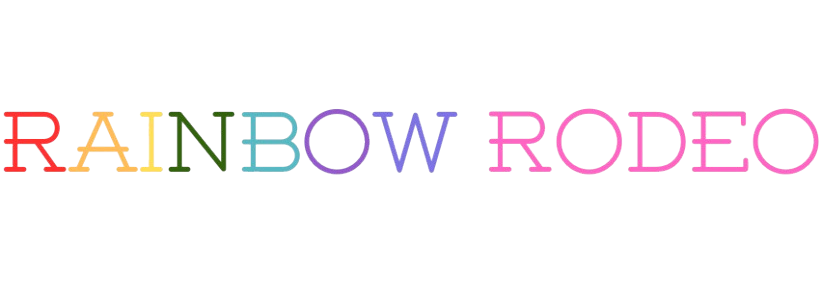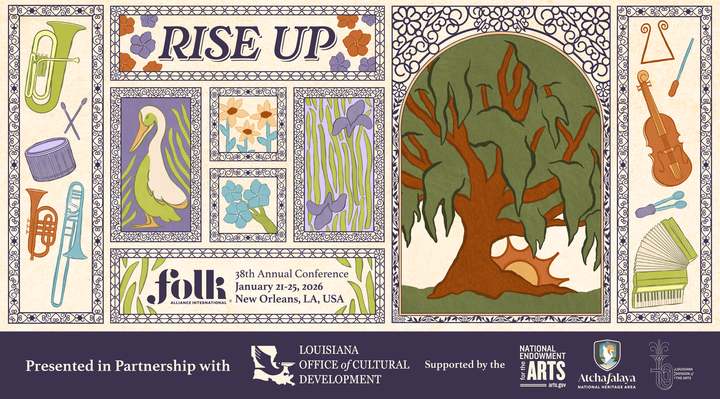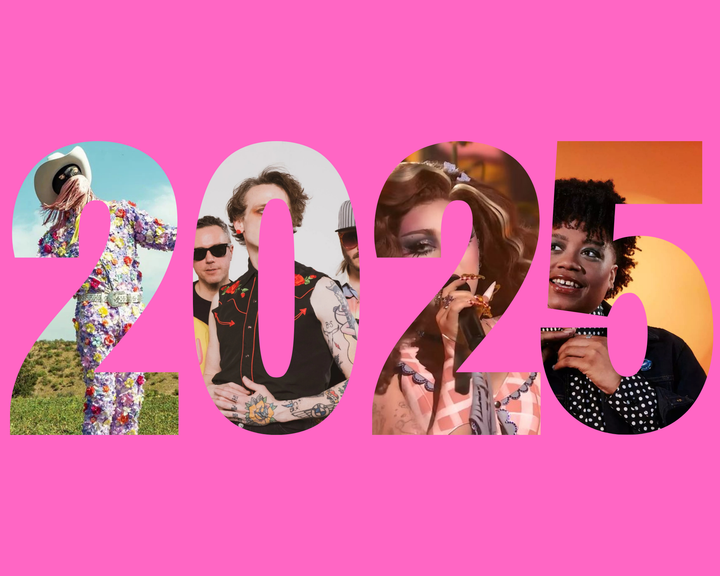Ram Ranch: The Legacy of Queercore in Country Music
Richard Marcus guides us through the history of queercore and its forgotten connections to country music
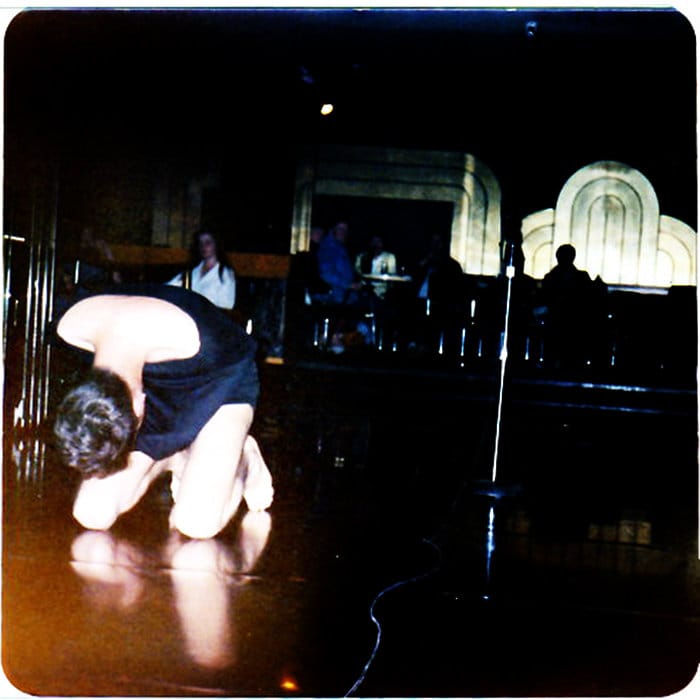
In his wonderful book documenting the history of queer punk music, Queercore, Curran Nault offered this wonderful and inclusive definition of punk: "In the best of circumstances punk aims to be a wakeup call to a public otherwise anesthetized by the suffocating conformity of daily existence." While the shock and awe of early punk - Sex Pistols, Dead Kennedys, and The Voidoids - are obvious examples of attempts to shatter conventions and unsettle the status quo, punk has ebbed and flowed in various streams and directions over the years.
As record labels and the establishment have frequently discovered punk is not really marketable. As soon as corporate music manages to get its hooks into it, and attempt to smooth out its rough edges to make it commercially viable, a new outbreak of feral musical energy will erupt somewhere completely unexpected and refuse to be co-opted.
In the early 1980s a filmmaker (Bruce Labruce) and a musician (GB Jones) in Toronto Canada coined the word Queercore. With AIDS devastating the queer community Queercore was a means of fighting back and advocating. It was music for and by the queer community, affirming their place in the world.
Prior to this openly queer pop musicians and bands were few and far between. Rock, pop and country were all macho and heterosexual to the extreme. Women had a hard enough time, let alone queer people. While queer bands like Pansy Division, G B Jones' Fifth Column and Team Dresch began to break down barriers, Queercore remained on the fringes of even punk.
Let's face it: while everyone thinks rainbow flags are cute and "the gay" friend has become the newest trend on TV, when the straights still tell us to stop making PRIDE parades political - when PRIDE commemorates a riot against police brutality - you know nobody wants to hear about what being queer really means. As Tom Robinson put it in "Sing If You're Glad to be Gay" way back in the 70s, "The buggers are legal now, what more do they want?"
A little equality and respect would be nice don't you think? Which indirectly brings us to the queer/punk/country connection. First, somebody's sexual preferences or gender identity shouldn't make a fucking bit of difference to what kind of music they play. However, in today's regressive world it obviously does.
As more and more politicians look for excuses to legislate hate and Facebook's recent decision to allow people to equate gender and sexual identity with mental illness, being open about who you are has made you ripe for all kinds of abuse.
So being openly gay, and singing about gay themes, in the conservative heteronormative world of American Country music is one of the most punk things anybody can do. Remember punk isn't about the music you play, it's about attitude and a willingness to defy expectations and conformity. Being proudly open about your sexuality and gender identity in Country music today is about as defying the status quo as you can get.
